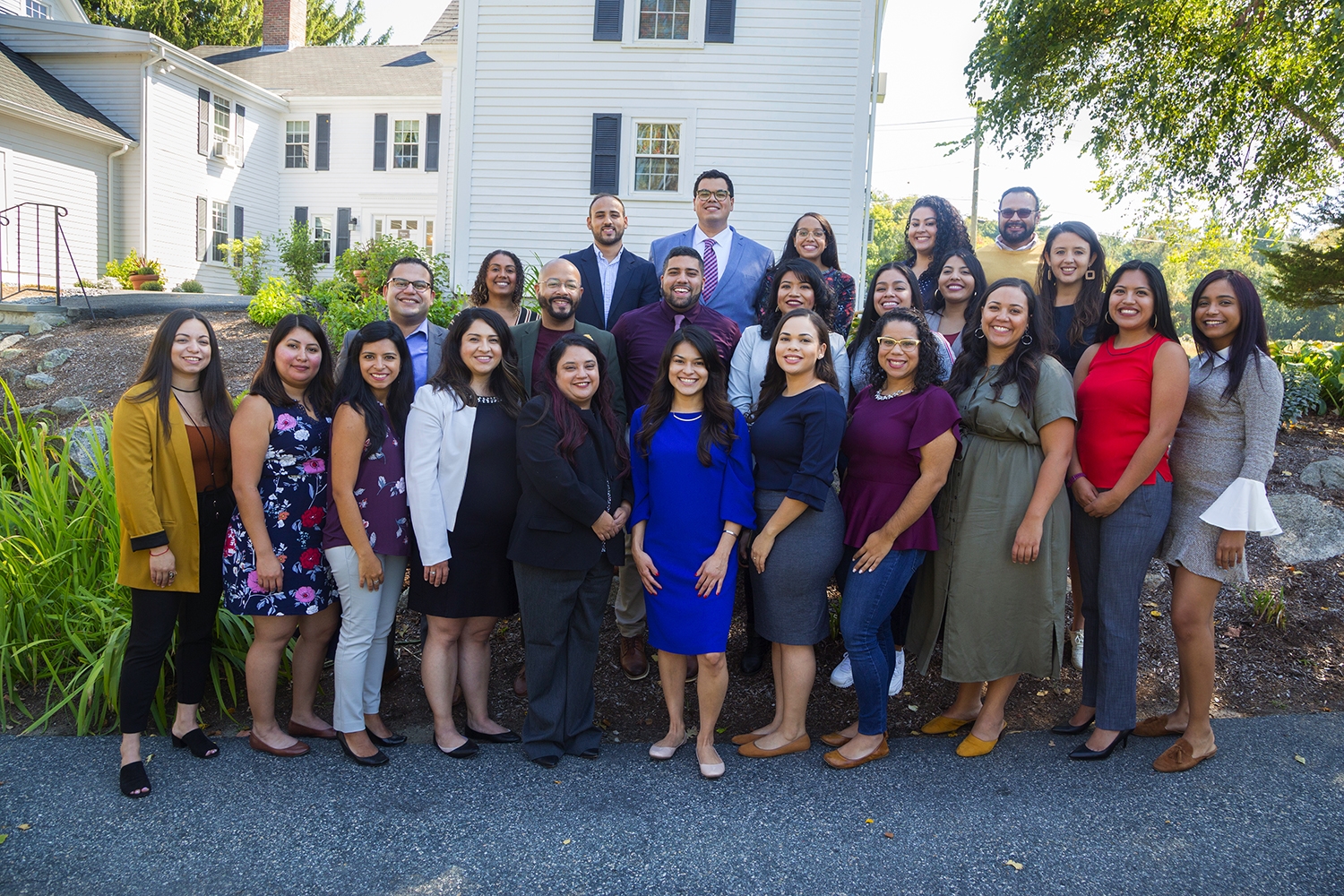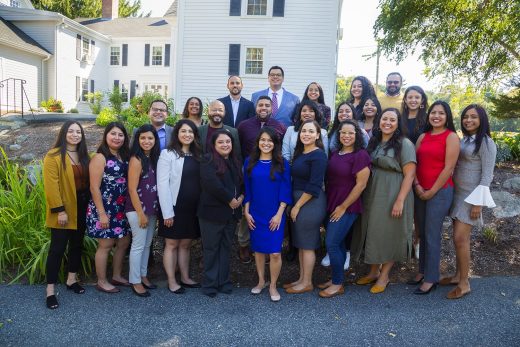Young Adult Hispanics: Reframed Mindset For Coveted Cohort
Young Adult Hispanics: Reframed Mindset For Coveted Cohort

2020 had a generationally defining impact on young adult Hispanics (YAHs) in the United States. A host of social, economic and health issues have reframed the mindset of this group, already struggling to define their own cultural and social identity.
This disrupted landscape opened a window of opportunity for brands looking to connect with this coveted audience, composed of older Gen Z and younger millennial Hispanics (21- to 34-year-olds).
To connect with YAHs, marketers should recognize the mindset of this optimistic group.
Their habits have inevitably been shaken, making room for new ones. Hispanic consumers were once the most brand-loyal multicultural group, with 53% reporting they prefer to “stick with brands they like,” according to a 2019 Customer Communications study.
Today, the disruptions of 2020 have changed that mindset. Currently there is a reevaluation of old shopping habits, particularly among younger generations. More than 50% of consumers tried a new product during social distancing, according to a Social Media Link study, and Gen Z-ers and millennials demonstrate that they are among the most open to switching to these new brands.
Marketers should consider this crack in loyalty during 2022 planning by reinforcing lost habits or creating new routines for YAH consumers they haven’t yet connected with.
They are finding their social voice, independent from their heritage. While 2020 inspired more YAHs to participate in social causes than any other multicultural cohort, they received almost 20% less family support. Despite this, according to Mintel, two thirds of Hispanic millennials view their social activism as part of their social identities and are more likely to align with brands that support their priorities and causes.
Marketers today should consider participating in social causes YAHs prioritize. Unlike older generations that are more brand-loyal and less active in social causes, YAHs expect their brands won’t be silent on social issues.
YAHs remain optimistic despite being hardest hit financially by the pandemic. About six in ten YAHs experienced their household’s loss of income during COVID, according to Mintel. Despite being the most economically impacted multicultural group during the recession, 51% of them remain optimistic about their financial outlook, believing they still can have a positive impact on their communities.
Marketers can tap into this group’s underlying optimism and shared vision for the future by enabling their long-term goals through achievable, near-term opportunities.
They seek ways to show their evolved definition of success. While YAHs prefer to spend on experiences such as travel, hospitality, and entertainment much like their generational counterparts, they continue making tangible investments in symbols of their success. According to Nielsen, in the next 12 months, Hispanic respondents are twice as likely to buy a new house or buy/lease a new or used car than the average adult.
To better connect with YAHs, marketers should aim to imbue their intangible offerings — such as travel, hospitality, etc. — with more practical markers of permanence YAHs can enjoy long after their experience.
YAHs are equal parts creatures of habit and dreamers. While willing to meet basic needs, this group has a hunger to get their lives back on track. Marketers who acknowledge this reality and present their products as the high-quality solutions YAHs seek will see success as we move into 2022 and beyond.
(52)


